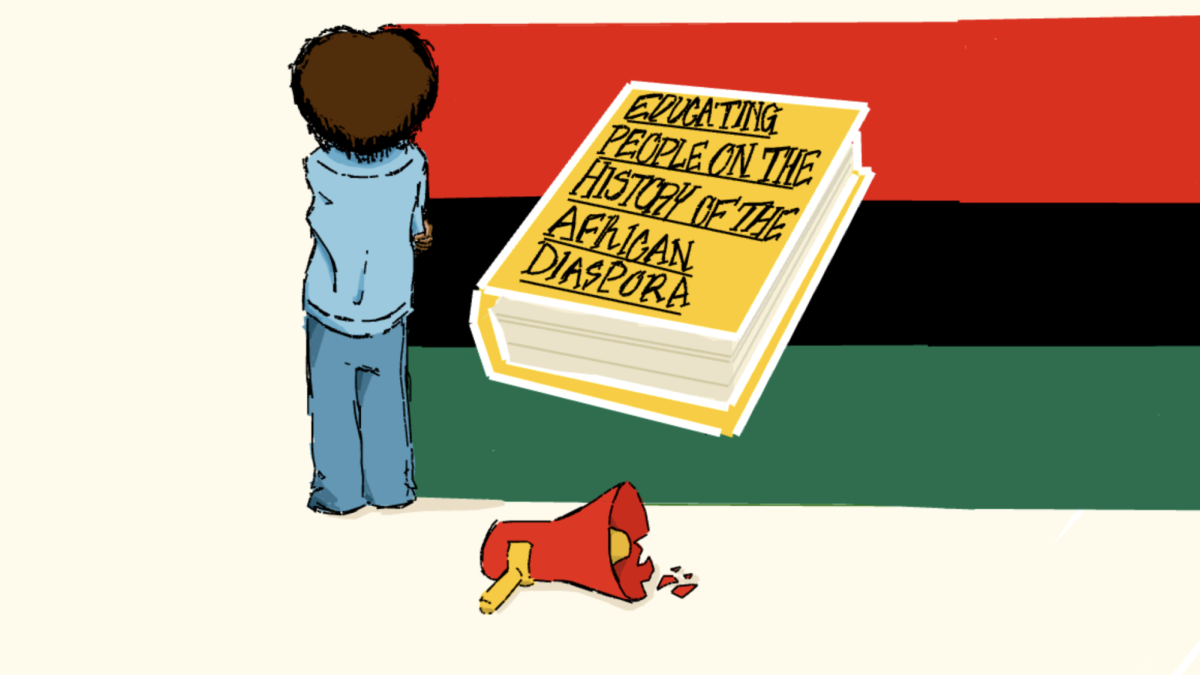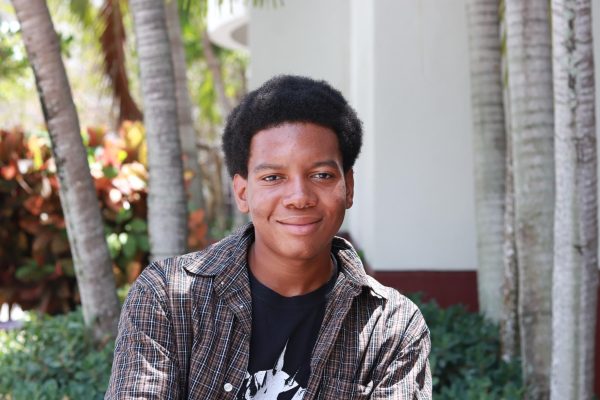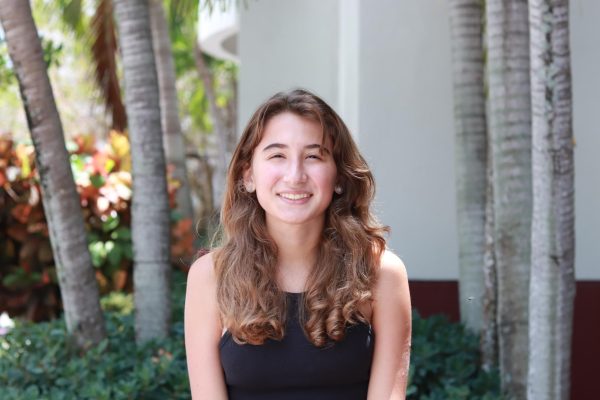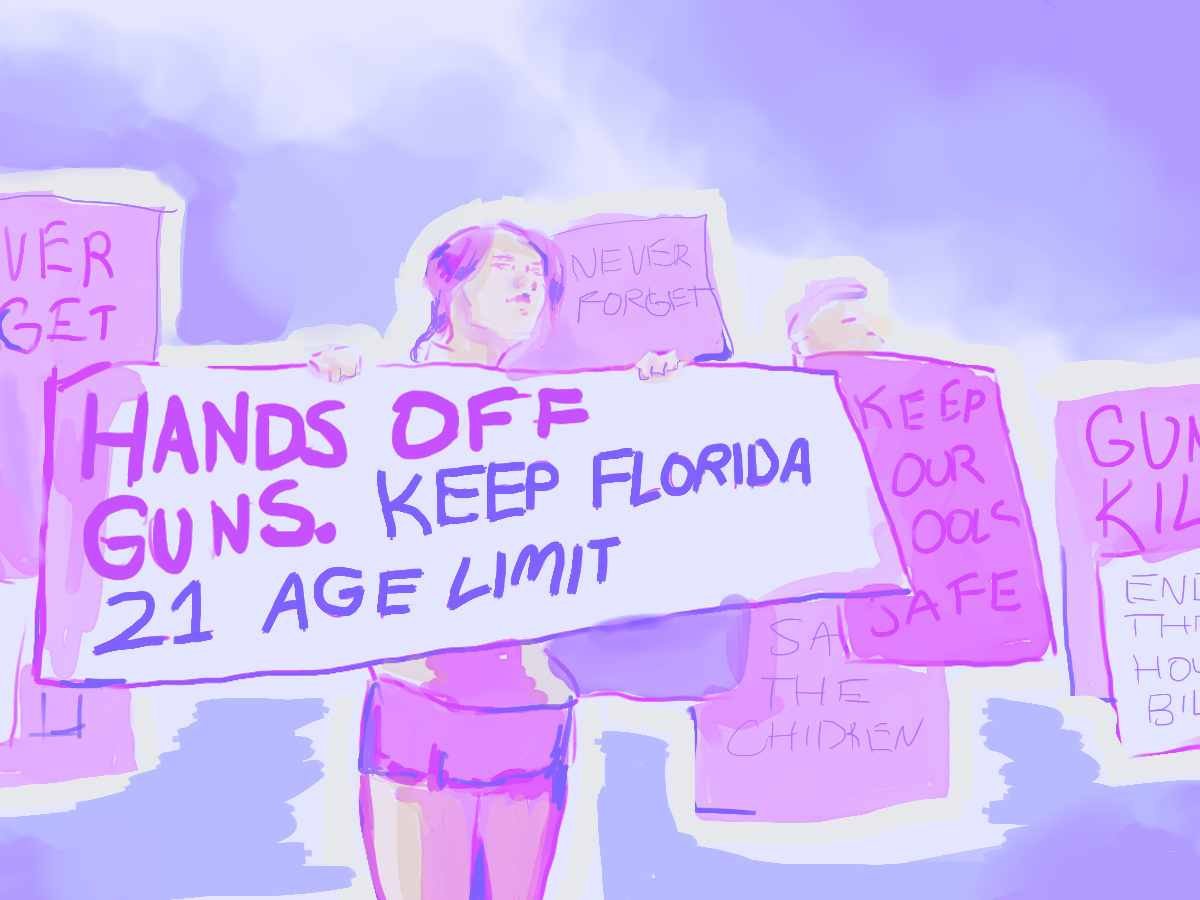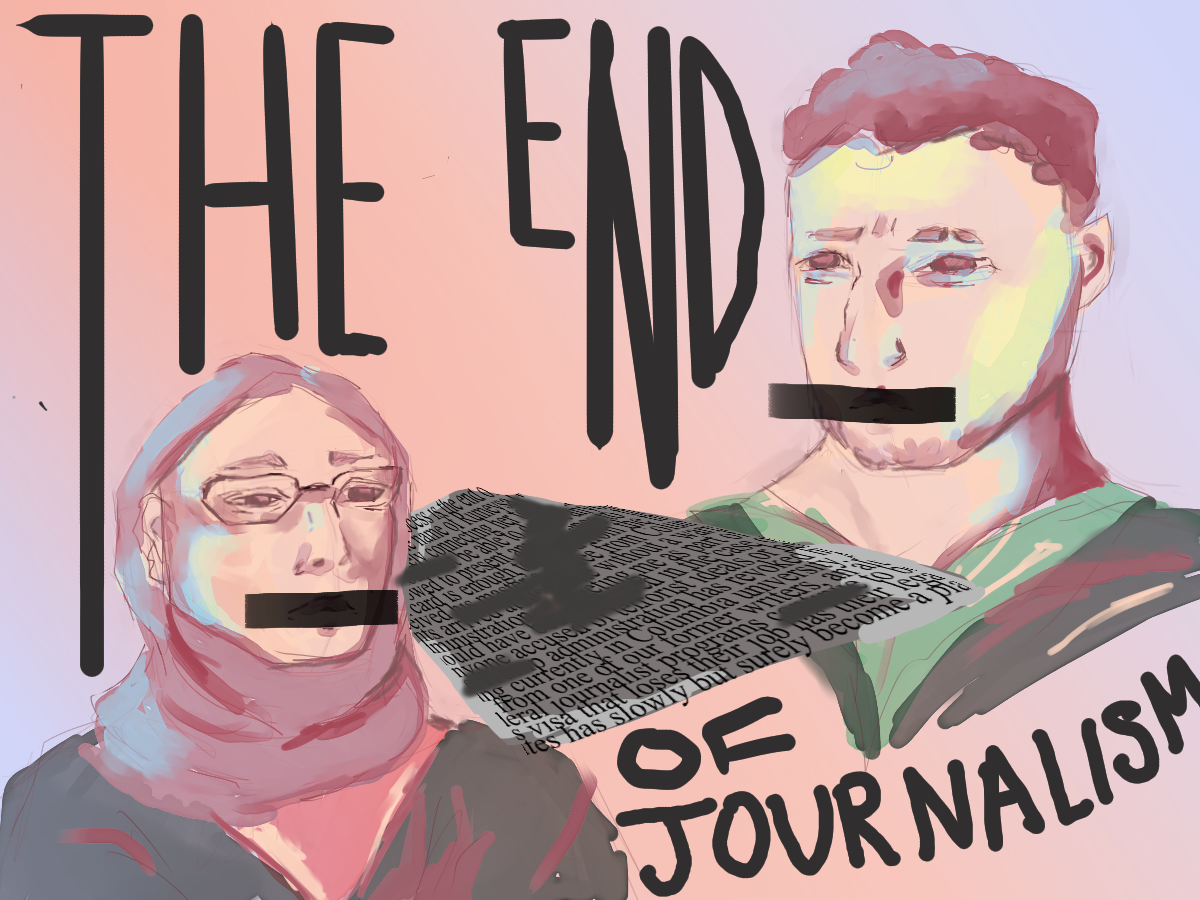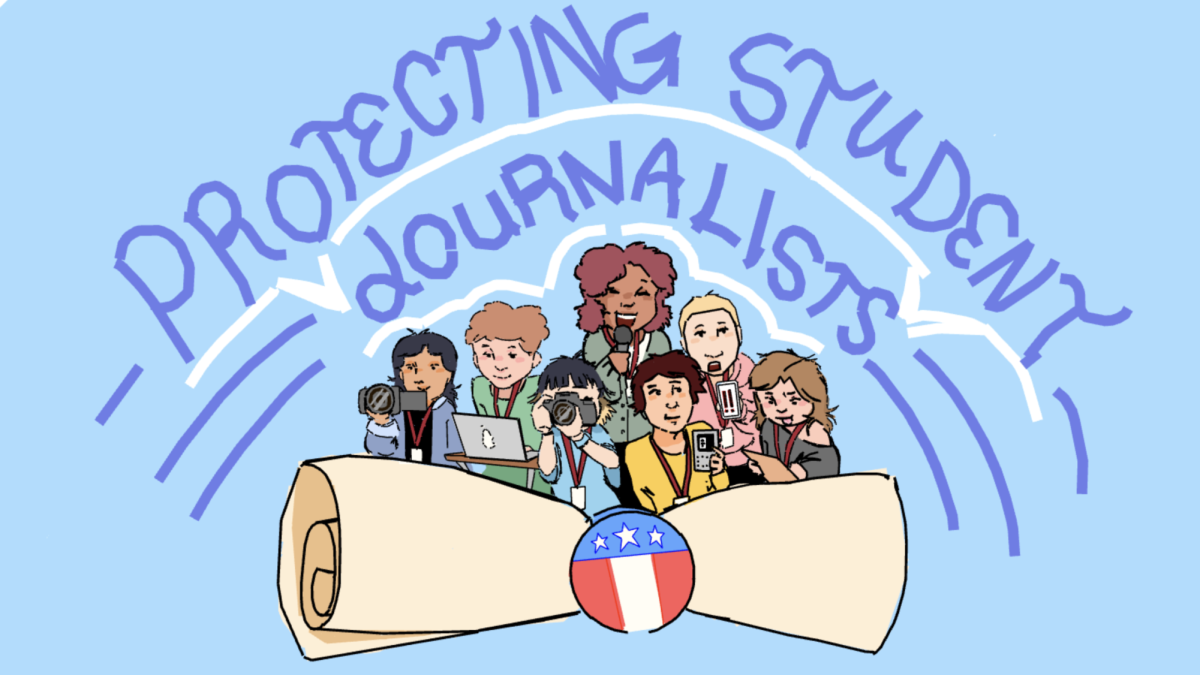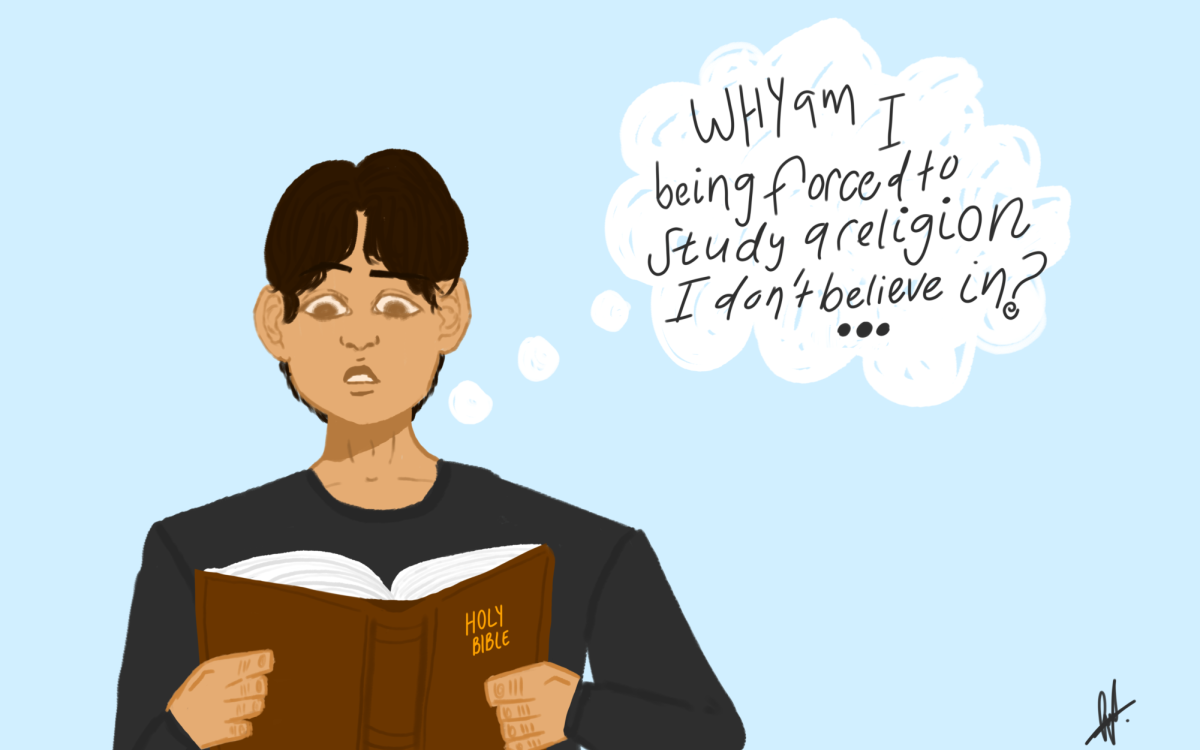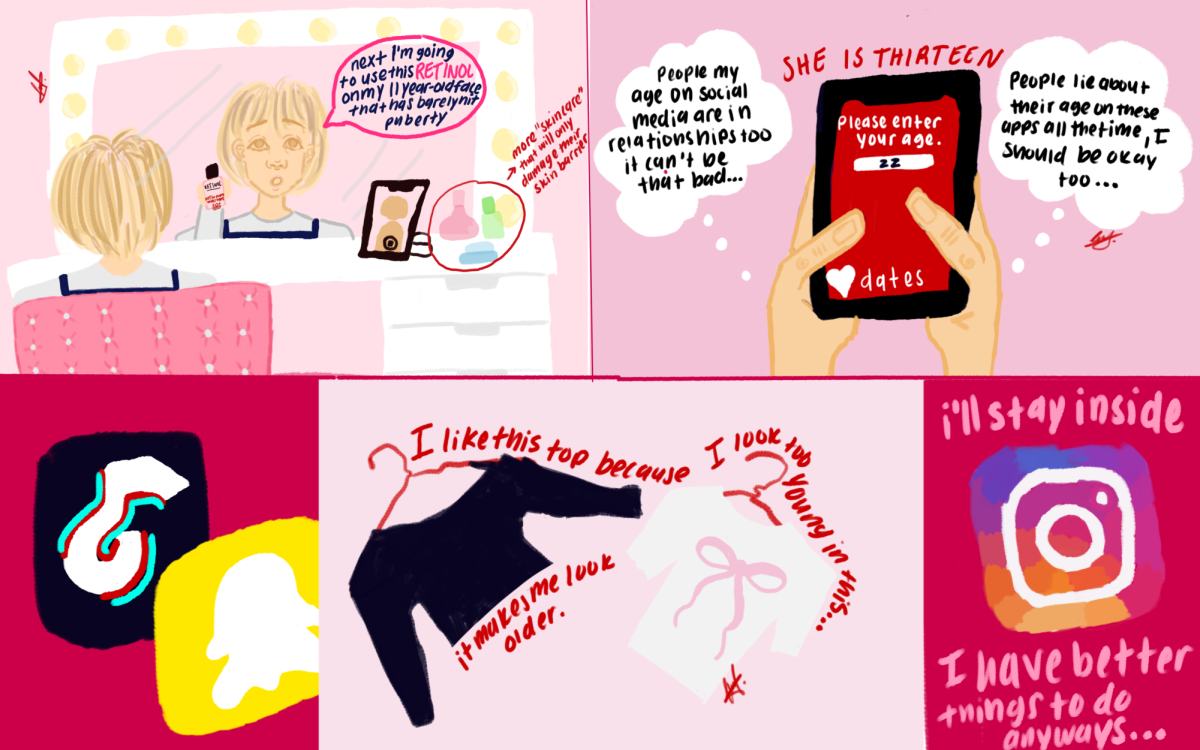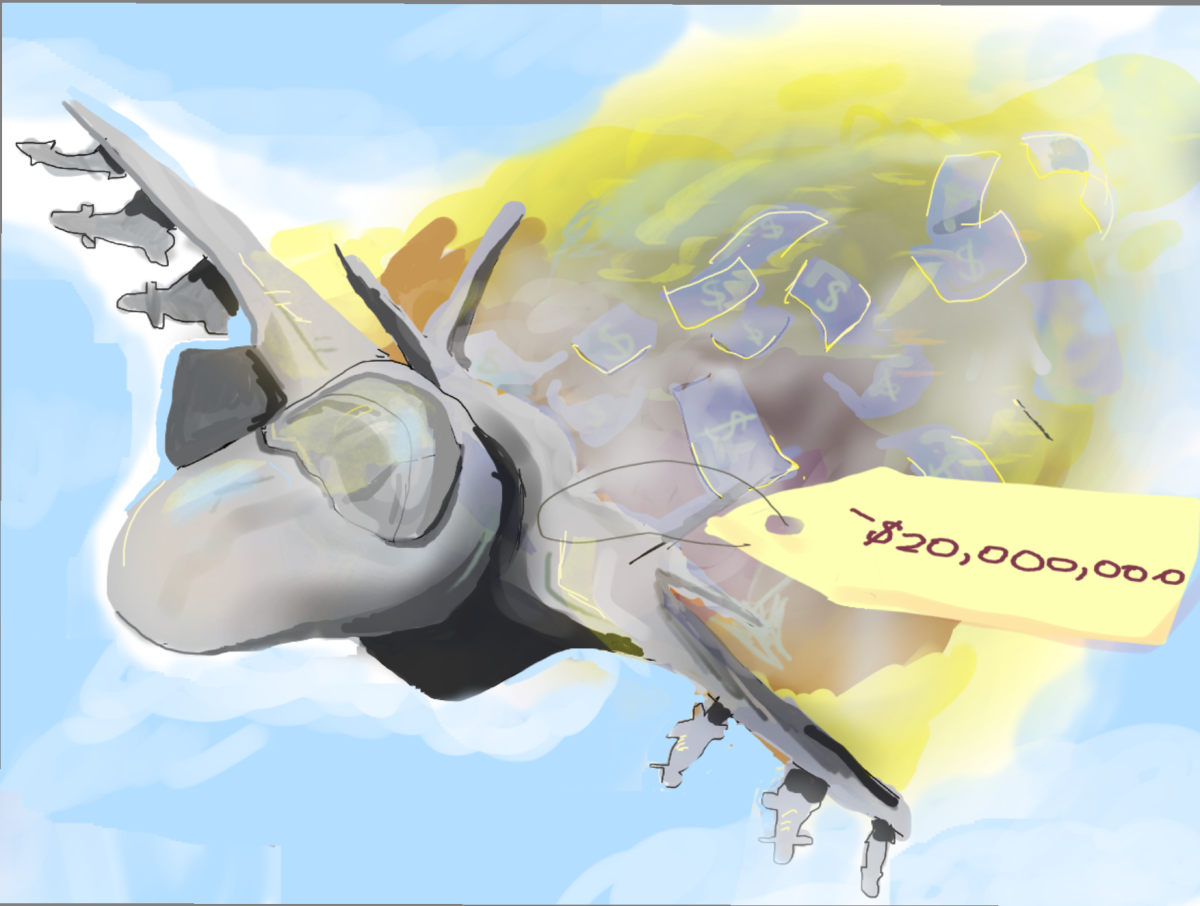For hundreds of years, the African diaspora has gone through countless periods of innovation and evolution, the continent flourishing due to its abundance of natural resources, rich culture and sheer size. However, with this success came centuries of struggle and suffering due to colonization, corruption and the overall exploitation of Africa and its resources.
This exploitation follows the diaspora into the present day; as of 2024, multiple countries in the diaspora are going through a crisis. Currently, Congo, Sudan, Haiti and Tigray are enduring the largest humanitarian crises in the world, plagued with genocide, starvation and displacement.
Despite the direness of the diaspora’s situation, if one were to ask a person walking down the street about the situation, the average American would not be able to give an answer.
Compared to the large media coverage surrounding genocides and crises happening in Europe and the Middle East, there is a peculiar silence around tragedies of an arguably greater scale happening in the African diaspora, which raises questions about what the media feels is and is not important to share, as well as what causes people feel are and are not worth fighting for.
This silence places less pressure on political leaders to act on social issues, further plunging oppressed people’s suffering into obscurity.
“News stations like CNN do a good job on covering other countries, but even then, they still don’t cover places like Haiti or Sudan as much as they would anywhere else,” junior Christian Gayle said. “I feel as if the media and its consumers are almost desensitized to problems in Africa and feel as if they have a good idea of what’s going on in the continent when that’s not really the case.”
The concept of a society becoming desensitized to tragedy is not new and has been observed numerous times throughout history. The loss of empathy when it comes to Africa’s plights has been a slow burn, progressively becoming more normalized with every crisis Africa goes through that reaches international news, such as the Rwandan genocide of 1994 and the fight to end the apartheid in South Africa.
At its core, however, this disinterest has been encouraged and promoted for centuries, beginning with the way Africa is depicted in western culture.
For decades now, on television, as well as in the news, the African diaspora has primarily been shown in a negative light. Despite the vast amount of innovation and progress on the continent, Africa is illustrated in the media as undeveloped and poor, portraying Africans as uncivilized and barbaric.
Despite Africa’s many cities and landscapes, the continent’s infrastructure is depicted as nothing more than mud structures and teepee huts. According to a survey conducted by Africa No Filter, the majority of journalists interviewed acknowledged that there were stereotypes in their own and other African media’s coverage. They also cited ‘scarce resources’ as the biggest challenge faced in trying to cover Africa more extensively in the news.
“When you actually start looking into the culture of Africa and start observing their art and their movies, you start realizing there are a lot of cities and things in Africa that are just as beautiful as they are [in America],” Black Student Union sponsor Calvin Lamar said. “But, because of mainstream media, we’re not shown that, and what we are shown–Africans in huts and wearing loin cloths–gives many the impression that that is all Africa has to offer. The National Geographic look.”
These stereotypes that paint Africa as primitive and technologically inferior set a precedent that makes the struggles the diaspora goes through appear as the norm. This in turn implants a much less caring mindset in citizens when it comes to Africa’s problems compared to the problems of the rest of the world.
Still, to bring more attention to pan-African issues does not mean taking attention away from other foreign issues, nor does it mean that non-African crises are unimportant. The cause simply highlights the fact that there should be an equally high amount of social awareness regarding every major struggle, no matter where the issue is happening, and that society needs to do a better job at covering humanitarian issues taking place in areas such as the diaspora.
One way people can collectively lure in more ears about African struggles is through local action.
Grassroots organizations are movements that begin and spread at the base of a community, hence the namesake. These movements are usually started for political and social causes for the purpose of trying to instigate large-scale changes through interconnection.
While there are many grassroots chapters in the United States with the purpose of African liberation, as a collective, there could be far more noise when compared with what grassroot action has accomplished in the past. This includes the Black Lives Matter protests in 2020 and the pro-Palestinian encampments in major colleges around the world earlier this year.
Grassroots organizations can be spread through local towns, cities and communities through word of mouth, flyers and most importantly social media. In the digital age, social media has become a microphone to amplify one’s voice to a world stage, and when used in a way to implement change, can become a powerful social tool.
March For Our Lives, for example, is a student-led organization founded in 2018 within the community of Marjory Stoneman Douglas High School. The organization was created with the goal of raising awareness around gun violence and pushing for gun reform throughout the country.
“I feel since a lot of people use social media, spreading awareness through that medium could do a lot of help,” sophomore Johnathan Ivey said. “Actions through the internet could help many struggling communities be seen.”
Even actions as simple as reposting information about struggles worldwide or posting one’s thoughts on recent events could bring more eyes and ears to these matters, further encouraging larger forms of media to report on the problem.
Increasing coverage of issues affecting the African diaspora requires a collective effort from media organizations, journalists and audiences. By fostering a space that values global awareness of all kinds, the world houses a more informed and empathetic society, while breaking the glass wall many ethnic communities face when trying to make their voices heard. In the words of Martin Luther King Jr., “injustice anywhere is a threat to justice everywhere.”

